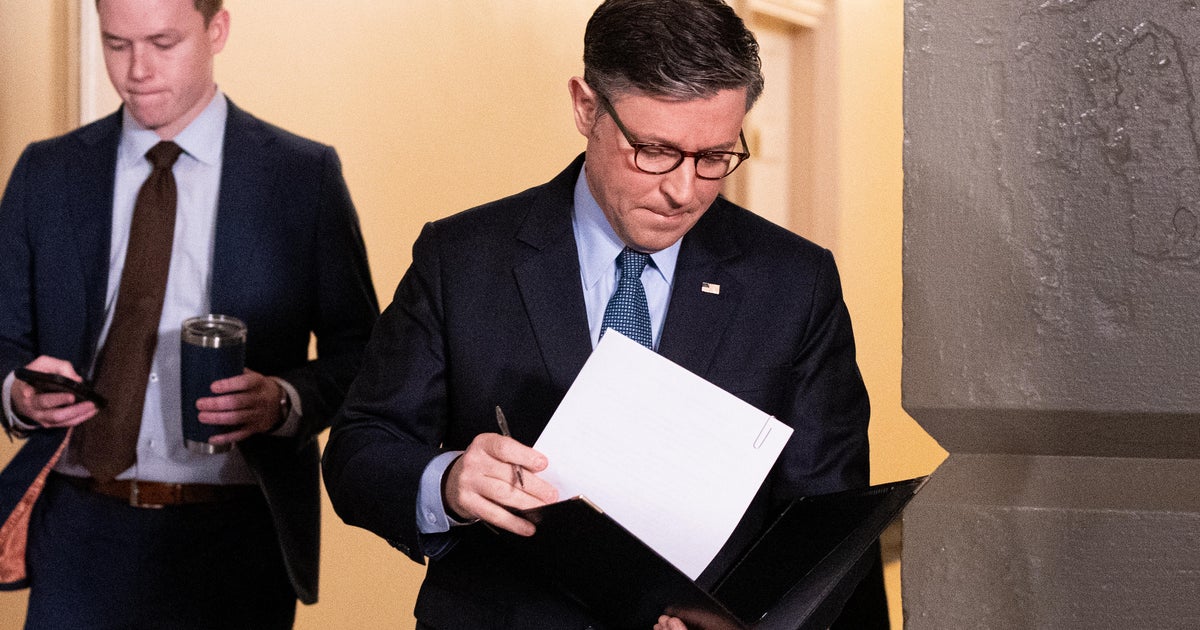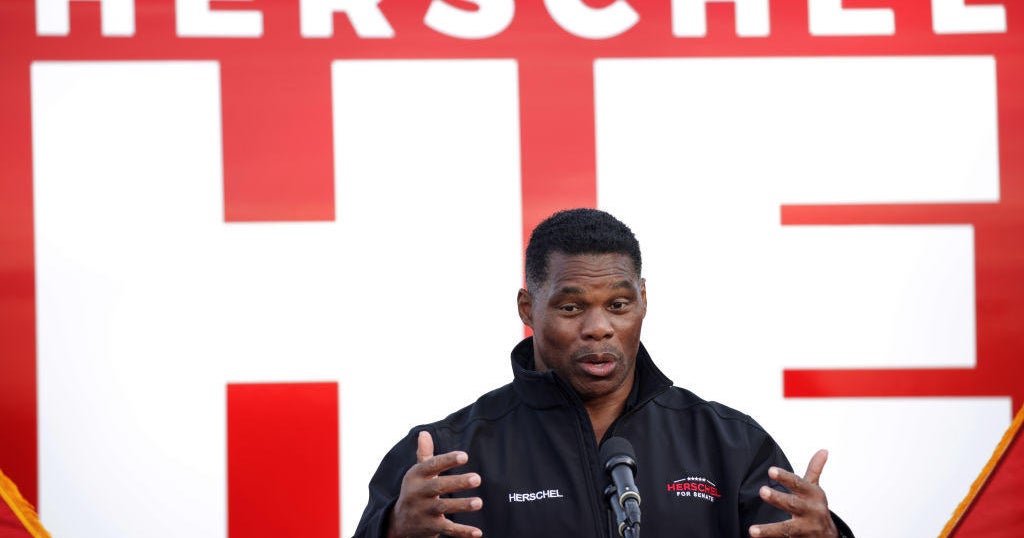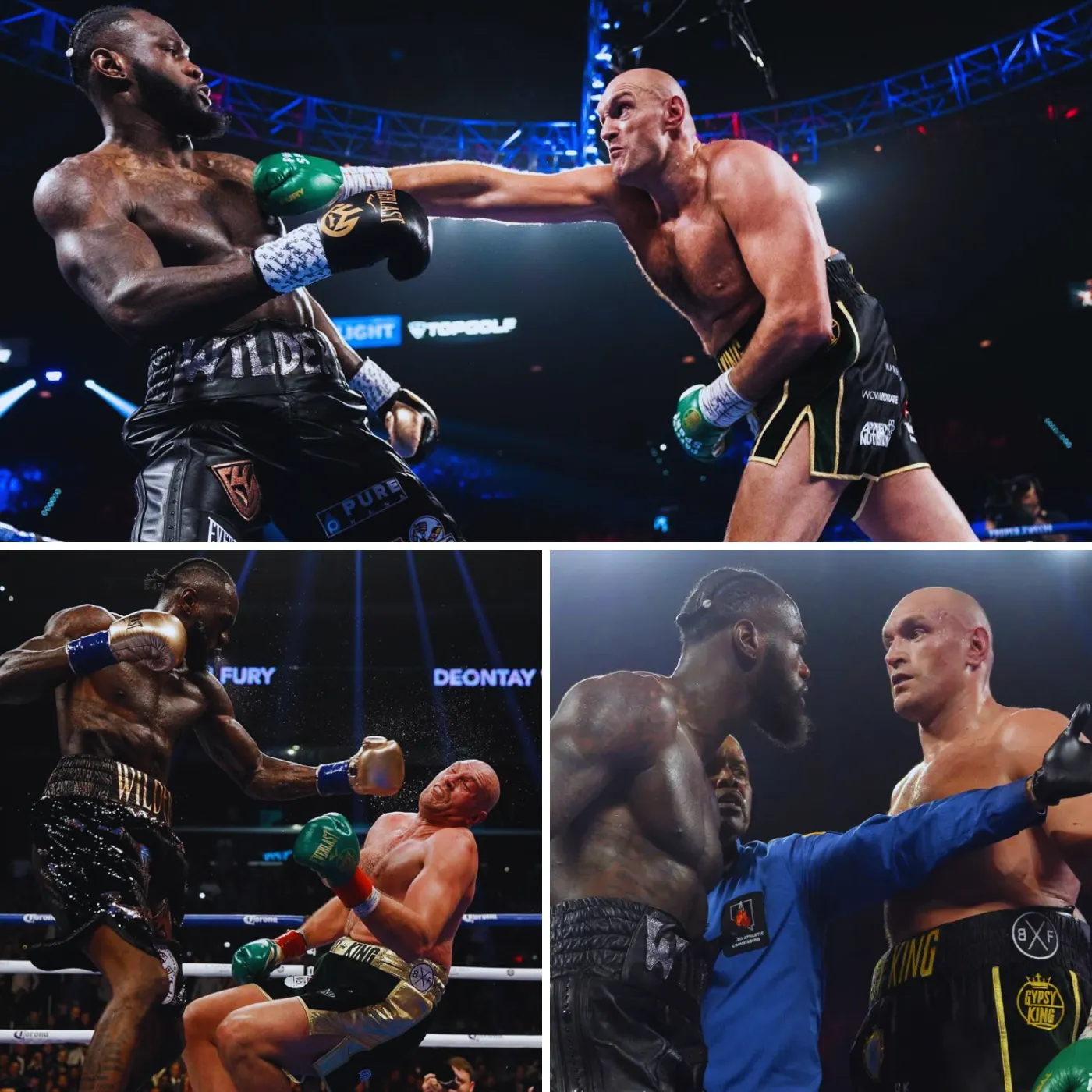Osaka Volleyball Coach Suspended: Controversy and Consequences
Physical Punishment: The Painful Reports Behind the Headlines The head coach of an elementary school volleyball team in Osaka Prefecture has stirred up controversy by participating in practice sessions despite being suspended for physically punishing children. This incident has drawn significant public attention and raised concerns about the responsibilities of sports organizations in protecting children. […]
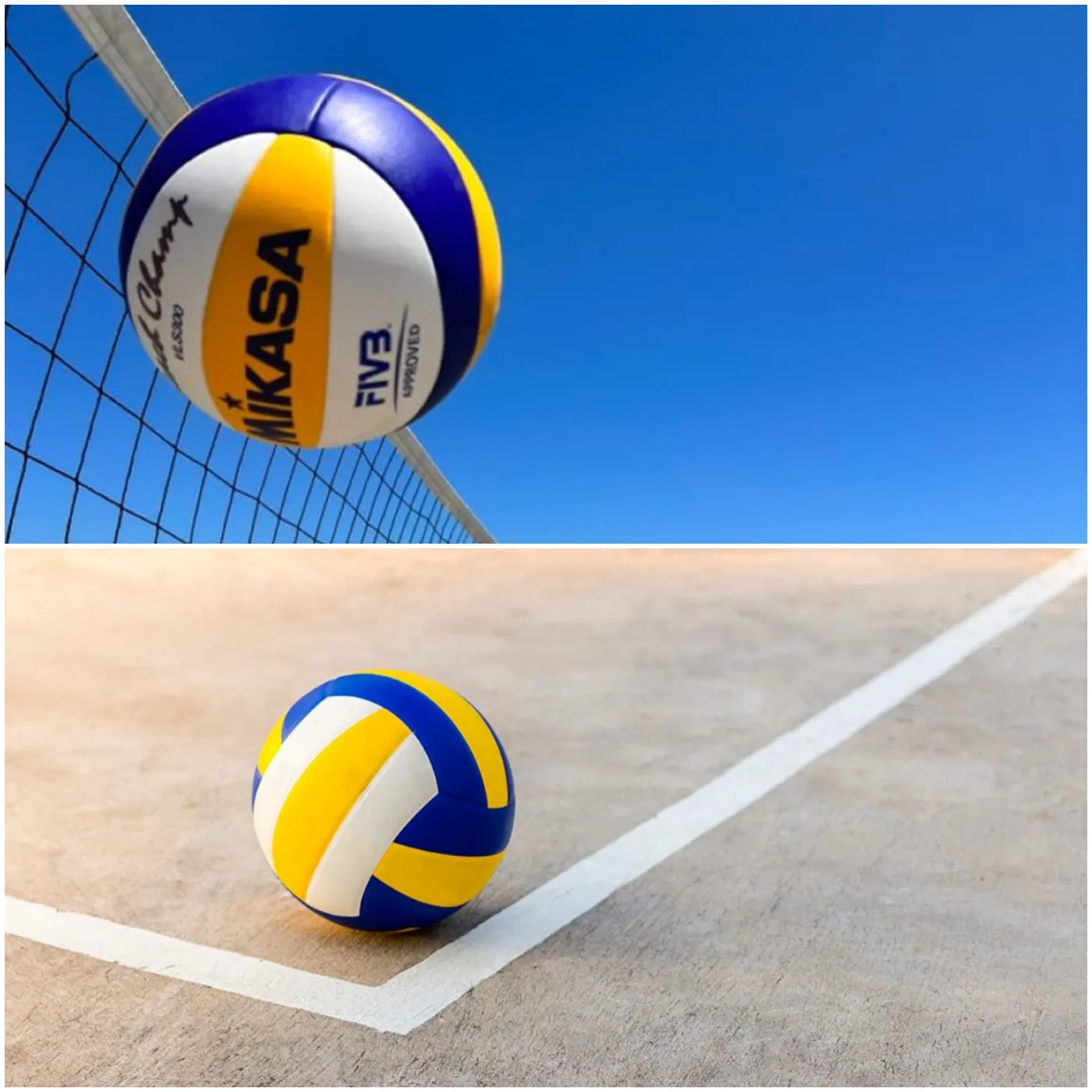
Physical Punishment: The Painful Reports Behind the Headlines
The head coach of an elementary school volleyball team in Osaka Prefecture has stirred up controversy by participating in practice sessions despite being suspended for physically punishing children. This incident has drawn significant public attention and raised concerns about the responsibilities of sports organizations in protecting children.
The coach was suspended for 18 months due to incidents involving physical punishment of children. Reports from parents revealed that the coach had abused several students from fourth to sixth grade between 2022 and 2023. Some of the reported actions included:
- Throwing a volleyball at a student’s face from close range when they made mistakes.
- Grabbing students by the neck and attempting to push their faces to the floor.
- Seizing and wrestling students to the ground.
- Forcing students to practice barefoot.
These actions not only violated the Osaka Elementary Volleyball Federation’s rules but also caused significant psychological harm to the children, raising concerns about their safety in the sporting environment.
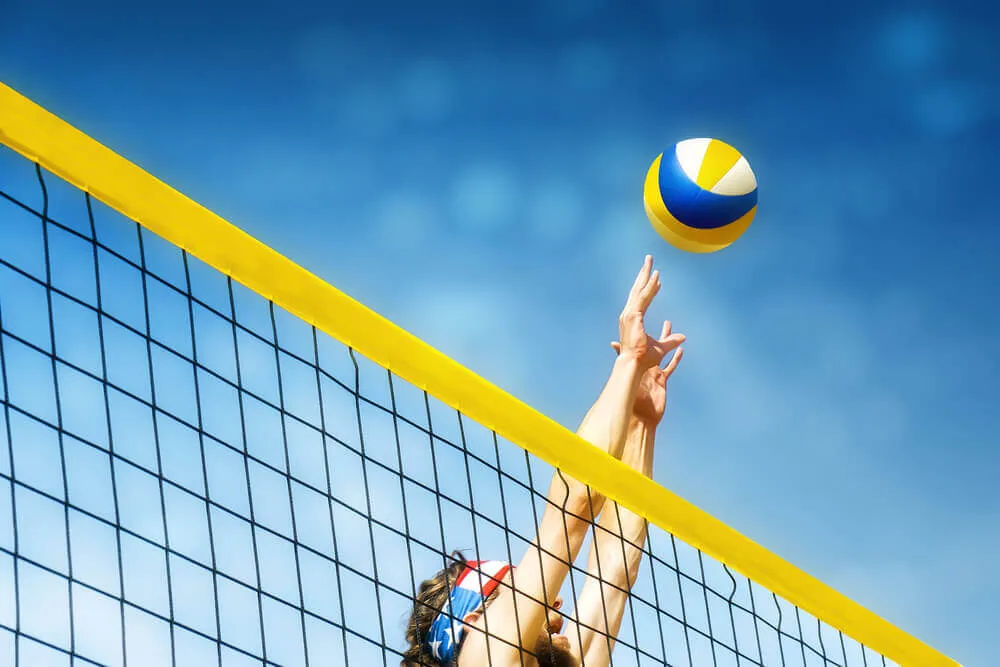
Suspension and Its Repercussions
Following an investigation, the Osaka Elementary Volleyball Federation decided to suspend the coach until January 2025. However, the issue did not end there. The coach filed an appeal, claiming that the suspension was not based on clear reasons. Despite this, the federation rejected his complaint.
Participation During Suspension
Despite being suspended, the coach was allowed to access the practice area to oversee team management. This controversial decision by the federation was defended by its president, who explained that the coach was permitted to participate in setting up and closing the practice area for the “survival of the team.” However, he acknowledged that this decision might send a mixed message to the public.
Public and Expert Reactions
The incident has drawn widespread criticism, especially from experts on physical punishment issues. Shuji Masuda, a professor at Shiraume Gakuen University, strongly criticized the federation’s actions. He argued that allowing a coach penalized for physical punishment to access practice areas showed excessive leniency and lacked sufficient severity.
Masuda emphasized that if the federation truly prioritized the children’s safety, they should have arranged for another team to take over the students or appointed a replacement coach. “The federation’s decisions render the suspension meaningless,” Masuda said. This reflects a grave lack of awareness about the problem of physical punishment in sports.
Consequences of Physical Punishment
Physical punishment in sports not only causes harm to children but also creates an unsafe environment. Acts such as throwing a ball at a child’s face or grabbing them by the neck are severe violations that can lead to long-term psychological effects.
Children join sports activities for enjoyment and to develop skills, but facing such punishments undermines their sense of safety. This may lead to children quitting sports or developing negative attitudes toward physical activity.
The Need for Protective Measures
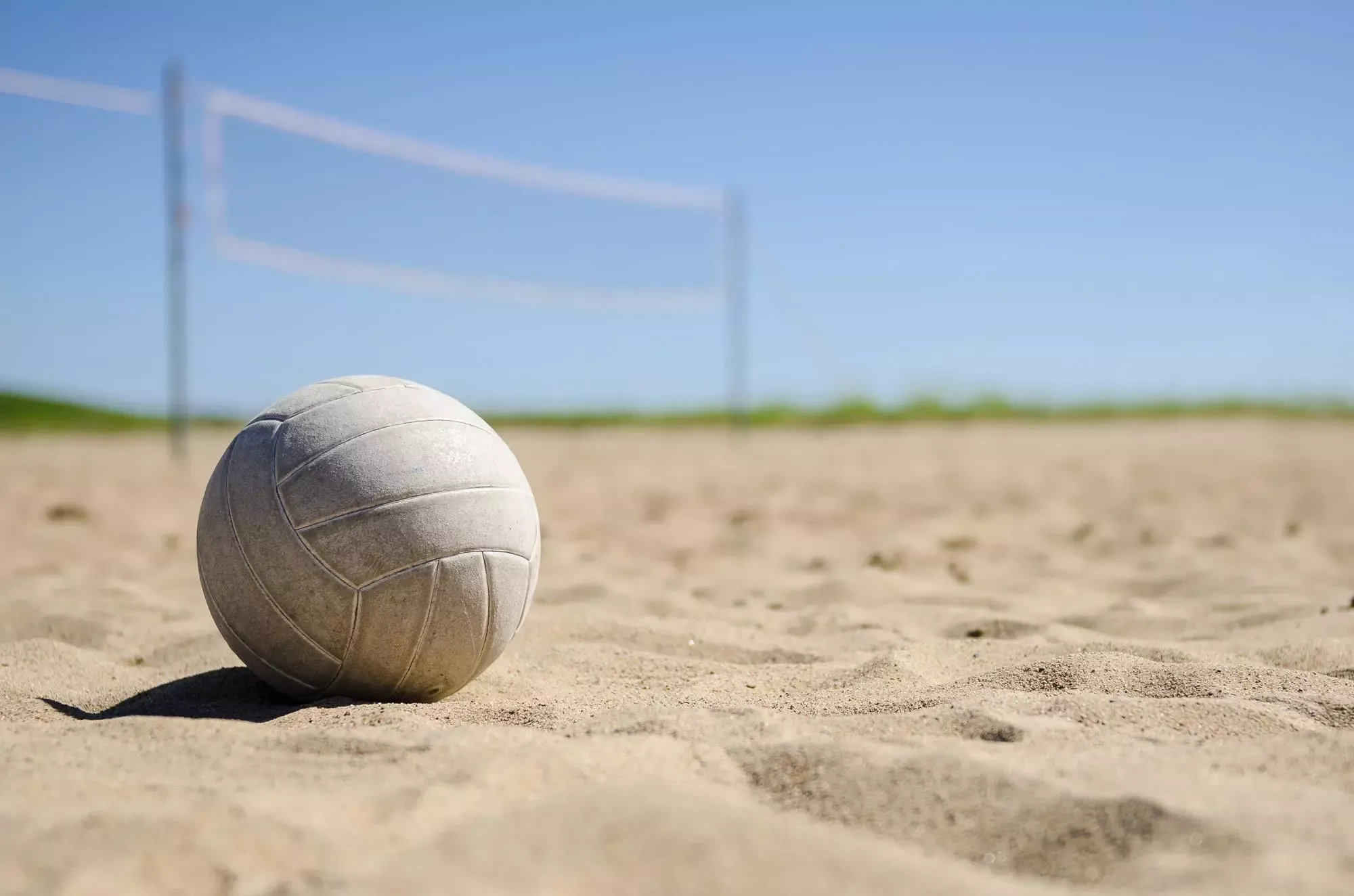
To safeguard children from such abuses, sports organizations must implement stringent regulations governing the behavior of coaches and staff. Training and raising awareness among coaches about safe and constructive ways to educate and guide children are essential steps.
The incident involving the volleyball coach in Osaka Prefecture has highlighted serious questions about the responsibility of sports organizations in shielding children from physical punishment. Allowing a suspended coach to remain involved with the team not only reflects management shortcomings but also risks the mental well-being and growth of young athletes.
The Future of Sports Organizations
To ensure a safe and healthy sports environment for children, organizations must adopt stronger measures to prevent abuse. This will not only protect children but also hold coaches and staff accountable for fostering a positive environment where children can learn and thrive.
This case serves as a lesson for all sports organizations, particularly those involving children. Proactive steps must be taken to stop abusive behaviors and defend the rights of young participants. Sports fans, parents, and the wider community must collectively advocate for a future where such incidents are no longer tolerated.











